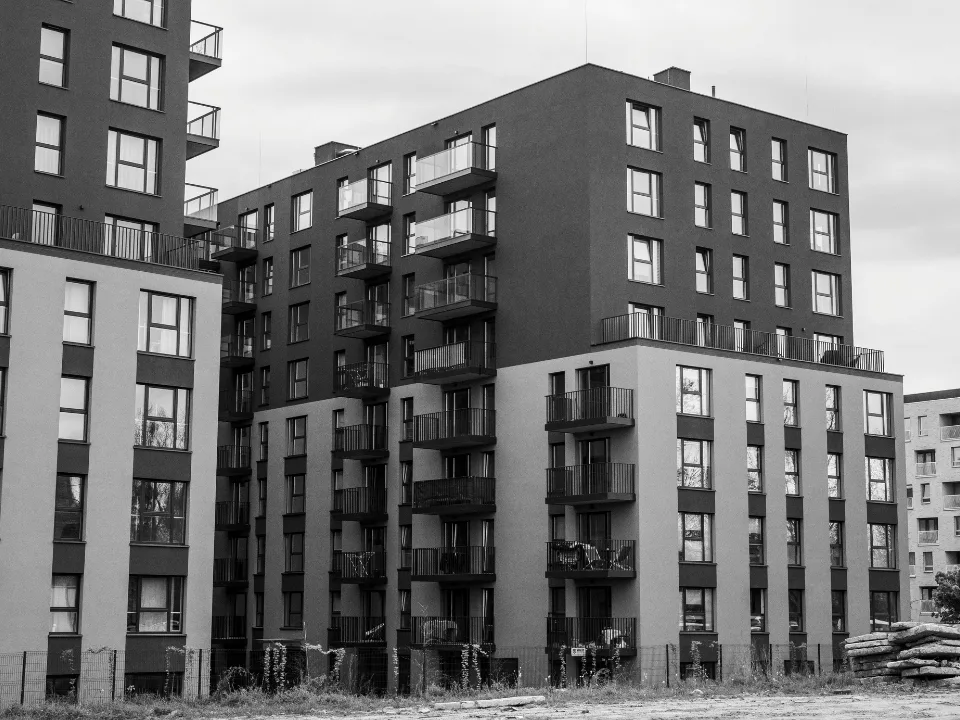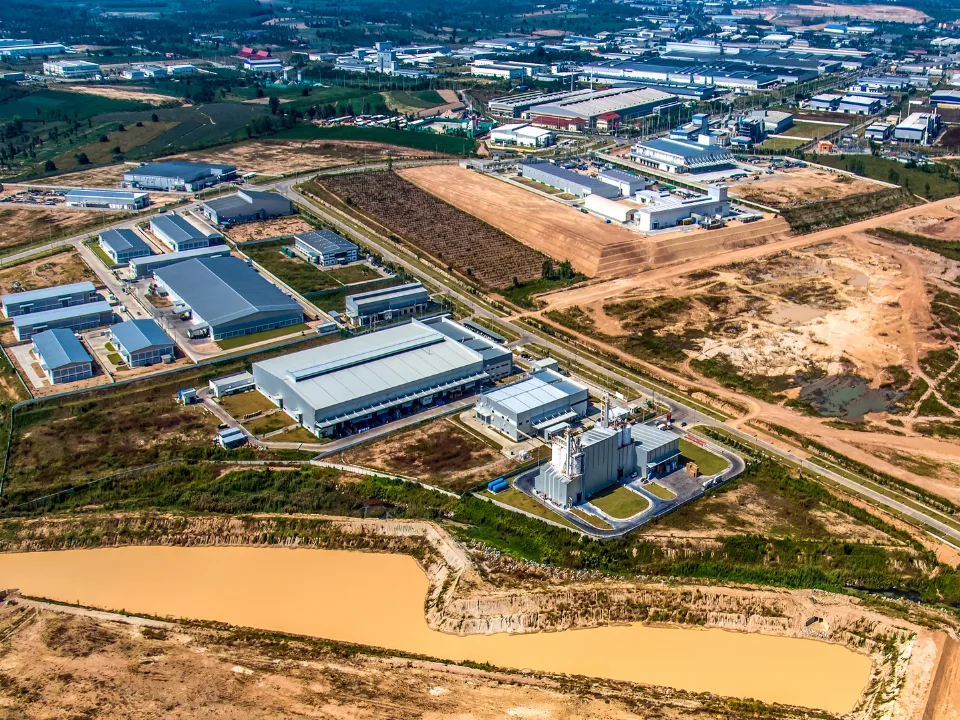Blackstone: We’ve Hit Bottom, Now Is the Time to Invest in CRE
Plus: The SEC is scrutinizing the CRE loan exposure of smaller banks and forcing some of them to enhance their disclosures.
Good morning. Real estate values are stabilizing, and Blackstone calls the bottom, seeing a positive outlook for its real estate business. Meanwhile, the SEC is questioning regional and community banks about the CRE exposure in their debt portfolios.
Today’s issue is brought to you by BetterPitch.
Market Snapshot
|
|
||||
|
|
*Data as of 1/25/2024 market close.
INVESTMENT STRATEGY
Real Estate Values Are ‘Bottoming,’ Blackstone Says
Blackstone foresees a 2024 market upturn in commercial real estate, with easing inflation and upcoming Fed rate cuts helping to recover from the downturn caused by previous rate hikes.
Earnings report: Blackstone Inc. (BX) experienced a mixed bag in the last quarter of 2023, with profits dropping to $151.8 million from the previous year’s $557.9 million. However, the firm showed resilience with its distributable earnings, which impressively rose to $1.4 billion.
Road to recovery: Like many in the private equity sector, the company grappled with the repercussions of the Federal Reserve’s interest rate hikes, which heightened borrowing costs and dampened deal-making. Despite this, Blackstone’s CEO Stephen Schwarzman views 2023 as a pivotal year, marking a cyclical bottom. This comes even as their real estate segment, typically a star performer, faced continuous underperformance in recent quarters.
Opportunities ahead: Jonathan Gray, Blackstone’s COO, acknowledges short-term challenges, particularly in the office sector, yet remains optimistic. With around $200 billion in dry powder, Blackstone is strategically positioned to exploit the market’s gradual return of confidence and emerging opportunities, despite not expecting a rapid influx of capital.
Conviction: The firm’s proactive investment approach is evident in their $31 billion expenditure in the last quarter, focusing on areas like residential and data centers. Gray highlights the resilience of life sciences and multifamily sectors, expecting a long-term positive trajectory. Additionally, Blackstone sees a favorable climate for commercial real estate lending, capitalizing on the current cautious stance of banks.
➥ THE TAKEAWAY
The turning point? Blackstone is seeing signs of recovery and believes U.S. real estate prices may have bottomed out. The undersupply of prime properties and limited development further contribute to the market’s resilience. Certain sectors, like multifamily and logistics, are looking good. However, office struggles highlight the need to adapt and explore new avenues for growth.
SPONSORED BY BETTERPITCH
Your competitors don’t want you to know about BetterPitch Research.
Seriously.
Let their pitch database, peer community, and AI analyst be your secret weapon.
Users can tap into an extensive pitch database, gain access to an exclusive peer community, and leverage an advanced AI analyst to stay ahead of the curve.
BetterPitch Research is more than a tool. It’s your advantage.
Don’t get left behind. Global capital markets shift daily.
Join now. See how data-driven decisions make a difference.
✍️ Editor’s Picks
-
Dismal deals: Blackstone’s (BX) real estate dealmakers earned 89% less on carried interest in a tough year, a 51% drop in their share of profits.
-
Opportunity knocks: SL Green Realty (SLG) plans to raise funds for a $1B opportunity debt vehicle, targeting distressed assets in NYC.
-
Triple net lease: The triple net lease sector is experiencing continued increases in average closing cap rates, indicating a lack of stability and potential for further rises.
-
Science stigma: San Diego’s life sciences and biotech real estate saw rising lab vacancies and lower rents, despite more leasing activity and higher venture capital funding in 4Q23.
-
Distressed opportunity: Greg Lippmann, a central figure in “The Big Short,” is preparing to trade on distressed commercial mortgage bonds.
🏘️ MULTIFAMILY
-
Giving up: Geoffrey Pete drops his appeal against Tidewater Capital’s 40-story apartment tower in Downtown Oakland, allowing the project to proceed.
-
For the richest: Think NYC and San Fran are expensive? In Collier County, FL, a 3BR rents for $8K monthly. Find out which U.S. counties are the most expensive in 2024.
-
Heading down: Apartment permits for buildings with five or more units fell 26.6% in December, highlighting financing challenges for developers.
🏭 Industrial
-
Office exodus: Avgeris & Associates, Missner Group, and Wylie Capital plan to redevelop the former American Hotel Register HQ into a 900KSF distribution center in Vernon Hills.
-
Industrial paradise: The Midwest has economically diverse industrial markets with low entry costs and strong income growth, according to Cushman & Wakefield.
-
Warehouse wave: Industrial space in Greater Phoenix enjoyed exponential growth, with over 23MSF of new warehouse deliveries in the past six months, upping vacancies to 7.6%.
🏬 RETAIL
-
Market makeover: The Marketplace at Highland Village, a 450KSF shopping center in Denton County, was sold for $42.1M.
-
Resilient retail: Retail sales grew 0.7% in September, marking the sixth consecutive month of growth, despite concerns of an impending recession.
-
Golden hooves: LA’ Flying Horse Investments acquired Oakland Park Plaza in South Florida, their first South Florida shopping center.
🏢 OFFICE
-
Energized: An oil and gas tech giant leases five floors in Energy Center II, a 307KSF office building in Houston, with occupancy currently at 88%.
-
Peace of mind is priceless: As office vacancies rise, some landlords are struggling to secure insurance due to higher risks of fire, theft, and vandalism—and higher premiums.
BIG BROTHER
SEC Scrutinizes More Banks on Their CRE Loan Exposure
The SEC released four letter exchanges recently in which it questioned smaller financial firms about their CRE exposure in loan portfolios. PHOTO: ANDREW KELLY/REUTERS
The SEC is concerned about the exposure of regional and community banks to CRE in their loan portfolios and has requested enhanced disclosures.
We’re watching you: The recent disclosure of exchanges with banks signifies the SEC’s heightened interest in ensuring investors can accurately assess a bank’s loan portfolio. The agency aims to prevent banks from underreporting risks or exposure. Given office vacancy rates, the number of CMBS loan delinquencies we saw in 2023, and the forecast for the next two years, who can blame them?
We’re asking nicely: The SEC urged three banks in particular—Alerus Financial, Mid Penn Bancorp, and Ohio Valley Bancorp—to revise future disclosures. Alerus was asked to provide a breakdown of its CRE loan portfolio by borrower type. Mid Penn Bancorp had to disclose owner-occupied properties separately. And Ohio Valley Banc Corp. was asked to present its loan portfolio by industry.
Potential impacts: Smaller banks like regional and community lenders are particularly vulnerable due to their concentration in property debt. Should borrowers struggle to refinance or if losses occur within these portfolios, hundreds of institutions nationwide could see their balance sheets suffer.
➥ THE TAKEAWAY
Stop messing around: In order to address the SEC’s concerns and meet investor expectations, all three banks have agreed to enhance their future filings by providing more detailed breakdowns of their loan portfolios. This is just the first step of many similar moves the SEC is likely to make in the coming months forcing banks to improve transparency and demonstrate prudent risk management strategies.
CHART OF THE DAY
The rent-raising revolution of 2021 seems like a distant dream when you look at the pullbacks we’ve seen since then in some cities. Take Phoenix, for example. In both 2H22 and 2H23, rent declines dominated. Last year, Phoenix rents had fallen for six months straight by December.
What did you think of today’s newsletter? |




















